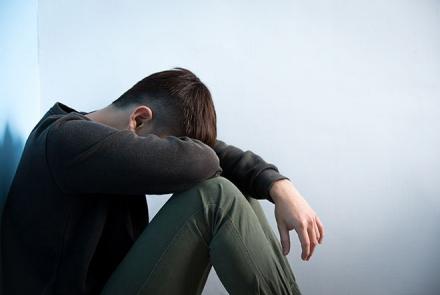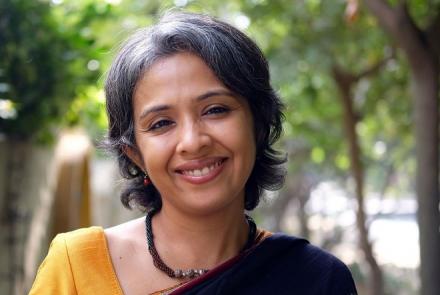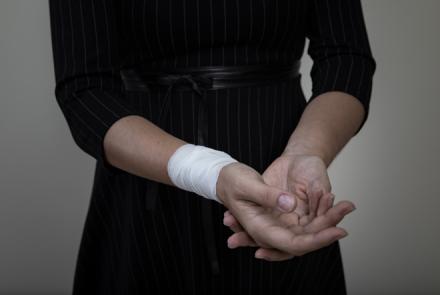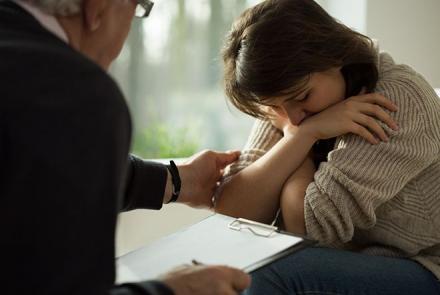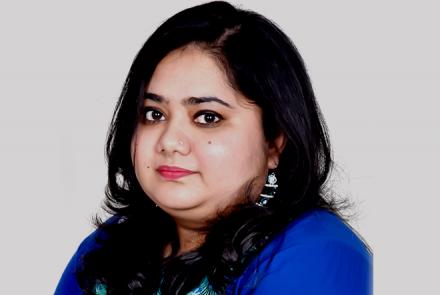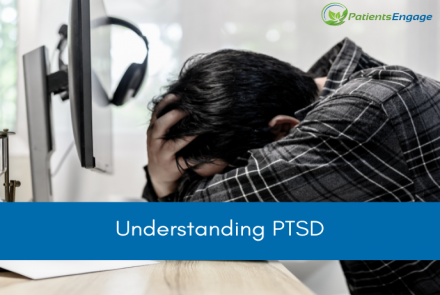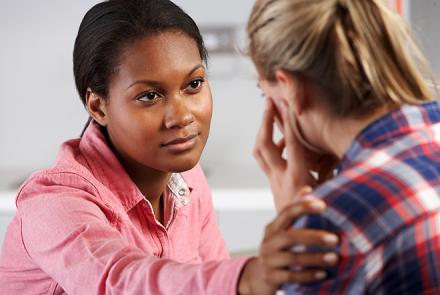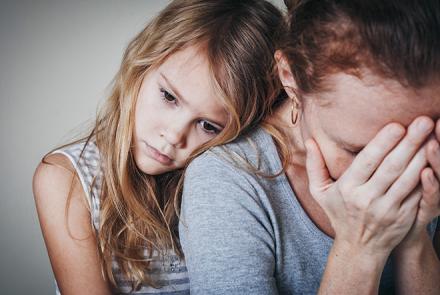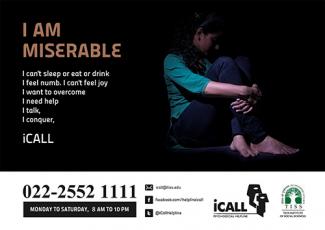
On World Suicide Prevention Day, Paras Sharma, Programme Coordinator, iCALL Psychosocial Helpline, Tata Institute of Social Sciences (TISS) dispels some common misconceptions about suicide.
1. People who talk about suicide don’t usually do it, they just want attention.
Suicide is a call for help that went unanswered. It's a myth that those who wish to end their lives don't explicitly say so, and those who don't are the ones who talk. There is ample research to show that suicidal individuals do mention in many ways that they are feeling hopeless and helpless, and try to access help. Suicide is often what they resort to when all else fails and suicide looks like the best option.
2. Anyone who tries to kill him/herself must be crazy.
The WHO 2014 publication Preventing Suicide: A Global Imperative says that in a country like India, only 60% of suicides can be attributed to a diagnosable and treatable mental illness. The remaining 40% is a consequence of the unique psychosocial and cultural realities of India. This shows that for 40% of the cases, the presentation is not that of mental illness at all. Even for those who suffer from mental illness, most survivors of mental illness are likely to be harmed by others. Not all those who suffer from mental illness are suicidal, not all those who are suicidal are suffering from a mental illness. In fact, studies have shown that people who are clinically depressed, often have more accurate appraisals of the world than those of people who are not clinically depressed. This is also called 'depressive realism', which basically means that people who are not clinically depressed err on the side of optimism, and end up making inaccurate appraisals of the world, whereas often, depressed individuals are seeing the world 'for what it is'.
3. People who attempt to die by suicide are people who were unwilling to seek help.
4. Talking about suicide may give someone the idea.
This is a very common myth, and one that unfortunately many doctors and mental health practitioners hold. Talking about suicide, using the word 'suicide' actually tells the concerned person that you are willing to engage with them on the subject, and that it is okay to talk about it. It also tells them that someone was concerned enough to ask them if they are feeling that way. In my experience, most people who have suicidal thoughts are waiting for someone to legitimize that experience by asking them about it.
5. Teens are at greater risk.
This is not a myth. This is actually true. Teens, especially girls aged 15-24 years are considered the most vulnerable to suicide. Teenage boys have higher rates of completed suicide, since their notions of masculinity lead them to using more brutal and lethal means, whereas teenage girls are more likely to make multiple attempts, the lethality of which is low.
6. Depression is always the cause of suicide
7. Most suicide attempts fail
There is no reliable estimate of how many suicide attempts are made in a country like India. Most people who attempt suicide don't tell any reporting authority about it. Most suicide attempts that reach hospitals, don't get reported so due to various factors. Sometimes, the families of the ones who end up in the emergency room after an unsuccessful suicide attempt are forced to pay 'hush money' to the Police, since IPC Section 309 considers suicide attempts a criminal offence. Suicide attempts are sometimes reported as 'accidents' by the medico-legal systems where practitioners are poorly sensitized to assess suicidality.
But various estimates tell us that for every reported suicide there are ten more that go undocumented. Most suicide attempts can therefore be assumed to fail. However, one does not have any reliable figures for this.
8. Suicides are more common on weekends
Assuming people are more likely to be around family members or friends on a holiday or a weekend, it is more likely to serve a protective function, rather than the opposite. Seasonal spikes in suicide numbers, higher rates of suicides on New Year's Eve, Diwali, Valentine's Day etc are media-created myths. I haven't seen this in my work at least.
9. Is there a ‘suicide gene’ identified that raises risks?
Not that I know of. Suicide is an amalgamation of biopsychosocial vulnerabilities paired with the right enabling circumstances. There is no gene that can cause suicide.
10. Helplines can help prevent suicides
I am not sure why you think this is a misconception. Helplines, crisis centres, peer support groups, drop in centers, online forums, etc all serve as excellent supportive mechanisms for suicidal individuals.
Helpline Contact
iCALL helpline number: +91-22-2552 1111 (8am-10pm Mon-Sat)
iCALL email ID: icall@tiss.edu
Chat: nULTA app
Some of the issues iCALL tries to address: violation of rights, relationship problems, fear, parenting concerns, feelings of depression and sadness, abuse and violence, matters concerning sexuality and gender, infertility and conception issues, marital problems, matters concerning senior citizens, conflicts, anxiety, suicidal thoughts, workplace stress, mental distress arising out of terminal illness and addiction. The helpline also offers career and academic counselling.


